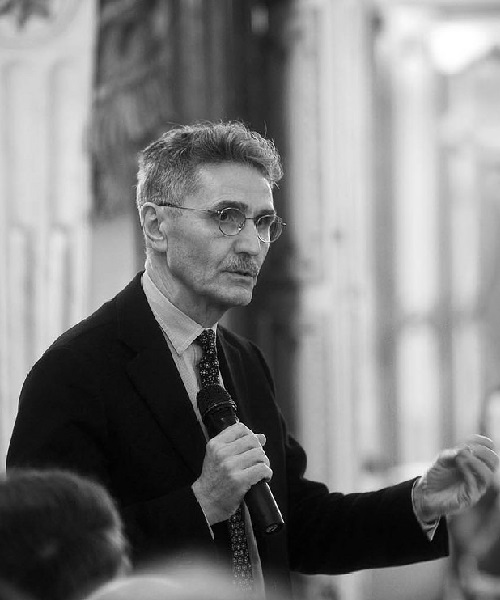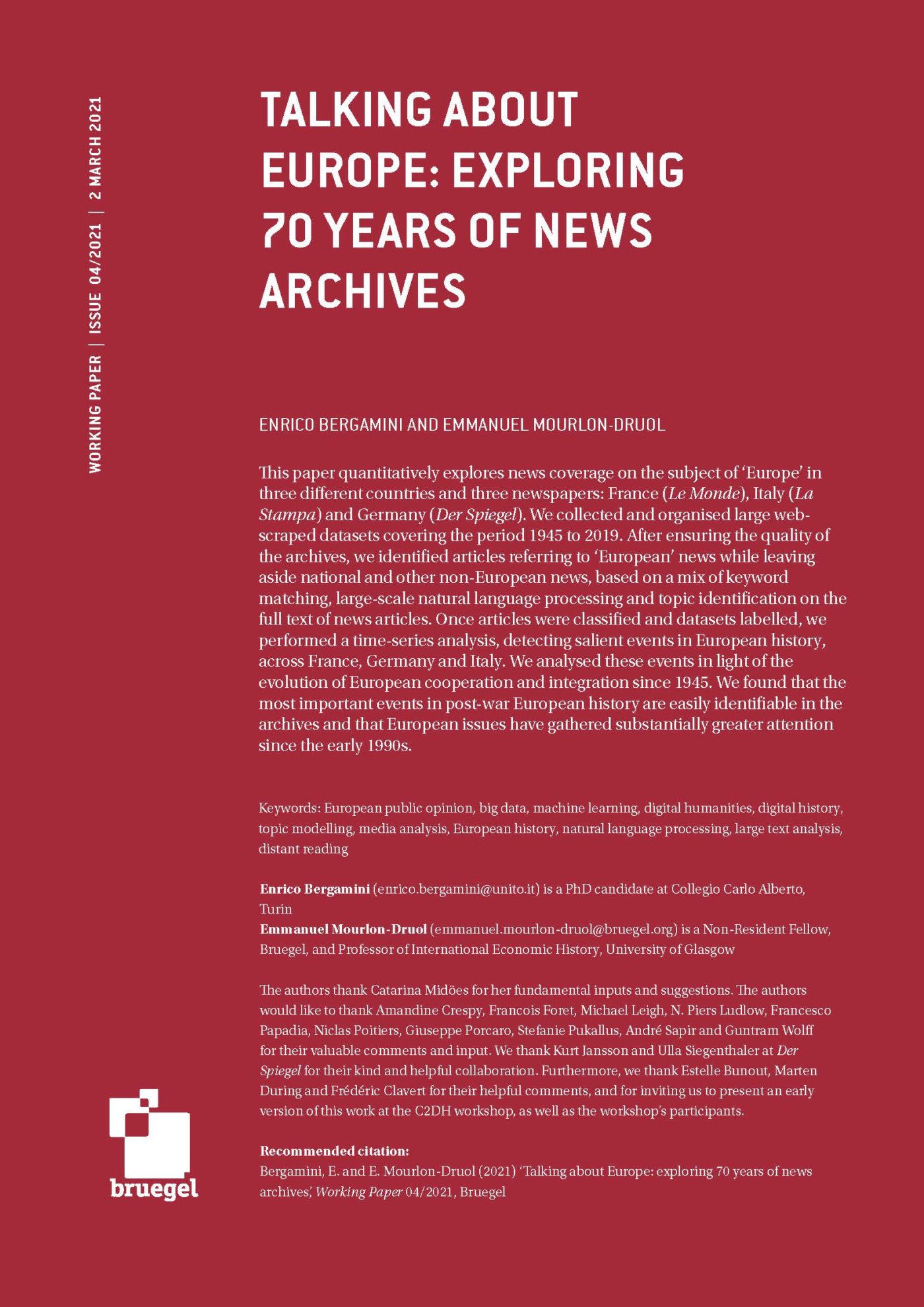Opinion
ICT revolution key to populist political surge
Developments in digital technology have prompted a ‘tabloidisation’ of traditional media, created opportunities for the misuse of information online, and closed the decision-making horizon for politicians.
Looking only for economic roots of the recent wave of populism may lead to a one-sided diagnosis. It is true that many countries suffer from slow or no growth, financial turbulence, excessive polarisation of income and wealth, a crisis of the welfare state, structural costs of globalisation, technical innovations, and other economic difficulties. However, these difficulties were also experienced in the past and did not lead to such strong political polarisation, at least not in advanced economies.
Furthermore, if we look for the list of countries where populist parties, leaders, and ideas made progress recently, we will find both countries with serious economic problems (Brazil, Greece, Hungary, and Italy) and those which have done relatively well (Austria, Czech Republic, the Philippines, Poland, Slovakia, Sweden, Turkey, the United Kingdom and the United States). This suggests there are also non-economic factors in play.
Change in information and communication technologies is one such factor. The ICT revolution brought progress in every sphere of economic and social life, leading to substantial productivity gains – especially in late 1990s and early 2000s. It also facilitated cultural, educational, and scientific globalisation, giving easy access to various information sources, global knowledge and expertise, and helped with the cooperation of people both across borders and within individual nations.
However, there are also negative side-effects which are not always fully understood. For example, the ICT revolution undermined traditional media, which served not only as the source of information but also as the platform of political and professional debate and played an important public education role. Some traditional media disappeared, while others moved to market niches previously occupied by tabloids. Information there must be brief, with sensational highlights and appeals to emotion, including feelings of insecurity, nationalism, and xenophobia. Factual accuracy plays a secondary role and there is no space for deeper analyses or even elementary factual dossiers. Paradoxically, in an era of increasing global interdependence, media information has become increasingly local.
The same applies to social media and various internet fora which help people connect to each other, exchange information and opinions, do business, or undertake spontaneous bottom-up initiatives. However, these platforms are often misused by both those who want to intentionally manipulate public opinion and the political process and those who are just professionally incompetent or obsessed with conspiracy theories. The general public faces difficulty in distinguishing real knowledge from information garbage, including fake news.
Changes in media also had a dramatic impact on politics. The decision-making horizon was shortened from years to weeks or days, from one opinion poll to another. Politics has become a media arena with ‘gladiators’ fighting each other, where deep polarisation (using social and traditional tabloidised media) replaces political dialogue and search for compromise. This in turn gives opportunities to radical leaders who otherwise would remain on a political margin.
It is perhaps too early to find effective solutions to address this problem, but at least we must realise that this is a major source of political radicalism and extremism.
Republishing and referencing
Bruegel considers itself a public good and takes no institutional standpoint.
Due to copyright agreements we ask that you kindly email request to republish opinions that have appeared in print to [email protected].
















